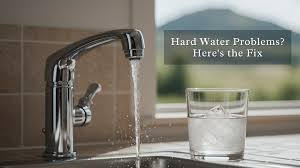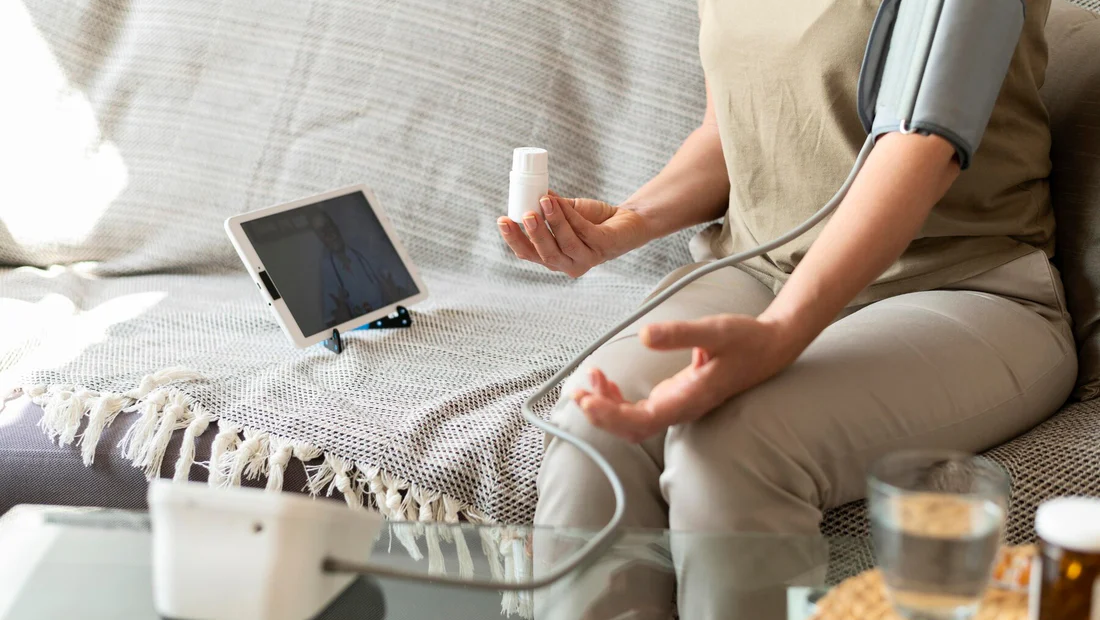Now Reading: Is Hard Water Destroying Your Home? Fix It Today 2025!
-
01
Is Hard Water Destroying Your Home? Fix It Today 2025!
Is Hard Water Destroying Your Home? Fix It Today 2025!

Table of Contents
Hard water is water that contains high levels of minerals, mainly calcium and magnesium. These minerals are not harmful to your health, but they can cause major issues for your home and daily life.
If your dishes come out cloudy after washing, your bathroom taps have white buildup, or your skin feels dry even after showering chances are, you’re dealing with hard water.
Many cities and towns across India and other parts of the world have naturally hard water due to the soil and rock formations underground. While it may not look different from normal water, its long-term effects on your appliances, plumbing, and personal care are real and costly.
The Problems Caused by Hard Water
Hard water affects almost every part of your household in ways you may not even notice at first. Here are the most common problems:
- Clogged Pipes and Reduced Water Flow
The minerals in hard water stick to the inside of pipes, creating scale buildup. Over time, this can block water flow or even damage the pipes. - Shorter Lifespan of Appliances
Water heaters, washing machines, and dishwashers often break down earlier when exposed to hard water. The scale buildup reduces efficiency and increases energy bills. - Skin and Hair Issues
Hard water can dry out your skin and make your hair feel rough or brittle. The minerals block soap and shampoo from working properly. - Spotty Dishes and Laundry Problems
Hard water leaves behind a film on dishes and clothes, making them look dirty even after cleaning.
What Is Hard Water Treatment?
Hard water treatment is the process of removing or neutralizing the minerals in water that make it “hard.” There are various types of treatment systems available today, from simple home filters to advanced water softening systems.
Let’s explore the most common methods.
Top Methods of Hard Water Treatment
1. Water Softeners (Ion Exchange Systems)
Best for: Whole-house treatment
How it works: These systems exchange calcium and magnesium ions in the water with sodium or potassium ions.
Pros:
- Very effective
- Extends the life of plumbing and appliances
- Available in automatic or manual models
Cons: - Requires regular maintenance (salt refills)
- Can be expensive initially
2. Reverse Osmosis (RO) Filters
Best for: Drinking and cooking water
How it works: RO systems force water through a membrane to remove minerals, chemicals, and other impurities.
Pros:
- Produces pure, clean-tasting water
- Also removes bacteria and harmful metals
Cons: - Wastes some water during filtration
- Needs regular filter replacement
3. Chelating Agents (Chemical Softeners)
Best for: Laundry use
How it works: These are additives used during laundry that bind to the hard minerals in water, preventing them from reacting with soaps.
Pros:
- Cheap and easy to use
- Good for temporary or small-scale use
Cons: - Not suitable for whole-house use
- Only works during the wash cycle
4. Magnetic or Electronic Descalers
Best for: Reducing scale buildup in pipes
How it works: These devices use magnetic or electronic fields to change the structure of mineral ions so they don’t stick to surfaces.
Pros:
- Easy to install
- No chemicals or salt needed
Cons: - Results can vary
- Doesn’t actually remove minerals
How to Know If You Need Hard Water Treatment
You don’t need lab tests to tell if your water is hard. Here are signs to look for:
- Soap doesn’t lather easily
- Spots on glasses and silverware
- Frequent appliance repairs
- Itchy skin or dull hair
- Reduced water pressure
For a more accurate reading, you can buy a home hard water testing kit or get a free water test from many local water treatment companies.
Is Hard Water Safe to Drink?
Yes, hard water is safe to drink and may even provide minerals that are beneficial to health. However, the long-term damage to your home and appliances often outweighs any minor health benefits.
If you use RO systems or water softeners, make sure your drinking water still has essential minerals or consider a remineralizing filter.
How Much Does It Cost to Treat Hard Water?
Here’s a general idea of costs in India and globally:
- Water softener system: ₹25,000 to ₹80,000 (or $300–$1000)
- RO system: ₹10,000 to ₹25,000 (or $100–$300)
- Descaler device: ₹5,000 to ₹15,000 (or $50–$200)
- Laundry softeners: ₹300 to ₹800 per month
Though the upfront cost may seem high, the savings in reduced repairs and energy bills over time make it a smart investment.
Tips to Maintain Your Water Treatment System
- Check filters regularly and replace as needed
- Clean tanks and valves to prevent bacterial growth
- Use proper salt for softeners if required
- Get annual servicing for better efficiency
Final Thoughts: Is It Worth It?
Yes if you want to protect your appliances, save money in the long run, and enjoy smoother skin and cleaner clothes, treating hard water is absolutely worth it. Whether you go for a full home softener or a simple RO unit for your kitchen, your investment will pay off quickly.
Read More:- Shobha Realty Launches Its Most Luxurious Project Yet—Full Details Inside 2025






















